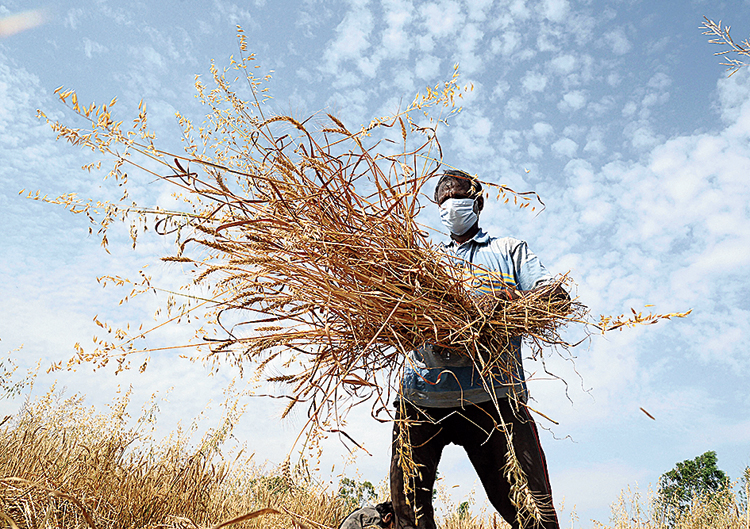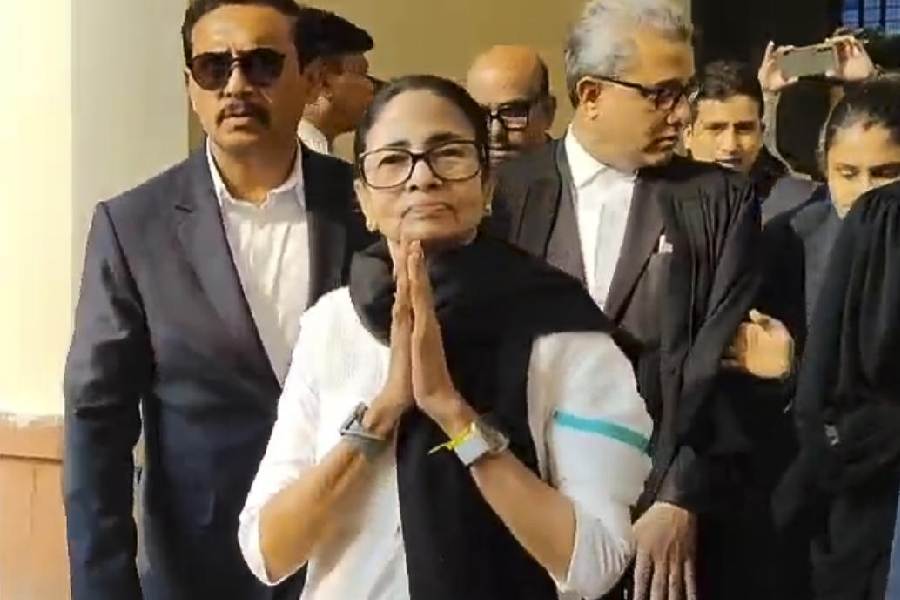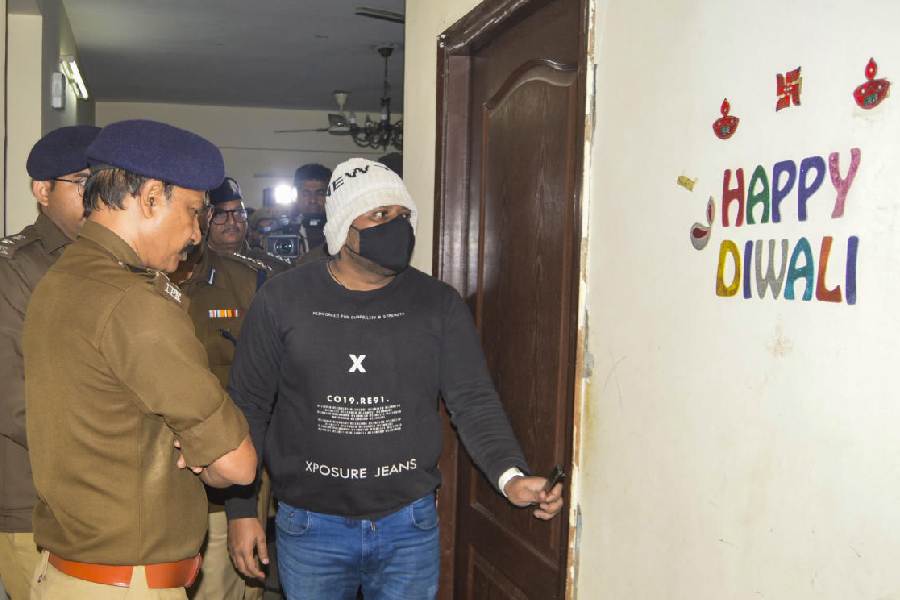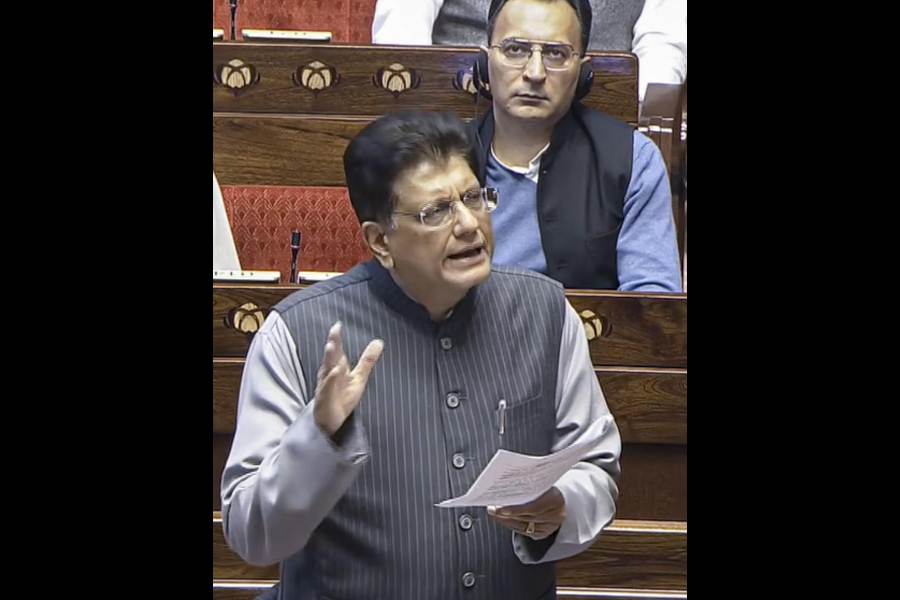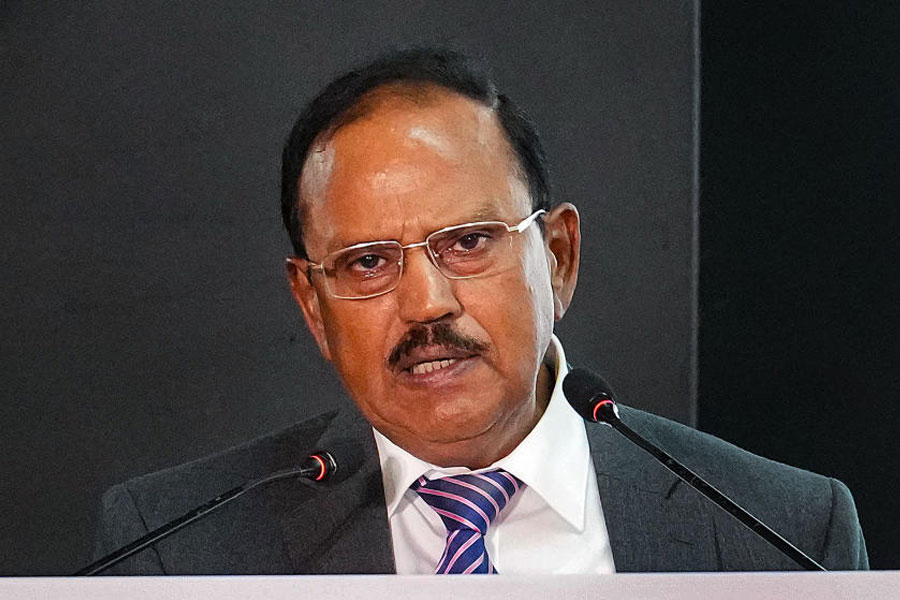The guidelines for relaxing the nationwide lockdown from April 20 are in keeping with the push from various state governments for a phased and controlled rollback but have left them with little room to tailor the calibrated reopening to their specific requirements.
It was clear since last week that the lockdown would be extended beyond April 14. But several chief ministers had pushed for a staggered rollback as the need to balance life and livelihood requirements became a stark reality, making complete stoppage of all economic activity for an indefinite period a non-viable option.
Apart from the adverse impact of more job losses because of the economic slowdown, there were apprehensions that the absence of all manufacturing activity, particularly of essential items and pharmaceuticals, could trigger shortages in the coming weeks.
Expert committees set up by some states to suggest the path to a rollback recommended that small shop owners and mechanics be allowed to function.
None of the chief ministers — many of whom had opted for shutdowns of their respective states before Prime Minister Narendra Modi had announced the first phase — wanted a complete reopening for fear that the gains of the lockdown would be lost in a day if it weren’t phased out.
But some — from Left-led Kerala to BJP-ruled Assam — had clearly hoped for some leeway in deciding how the rollback was to be managed; particularly with regard to revenue-generating liquor sales.
Several state governments had been toying with the idea of allowing restricted sale of liquor in the second phase of the lockdown. While alcohol has a huge demand, these states were also looking at the revenue they hoped to earn at a time their budgets have been stretched thin by the additional requirements of the pandemic, compounded by the delay on the part of the Centre in paying their dues, mainly GST compensation from December onwards.
Assam had, in fact, allowed the manufacture and sale of liquor from Monday but withdrew the order after Wednesday’s guidelines.
The expert committee on strategy for easing lockdown restrictions in Kerala had suggested online sale of liquor by the Beverages Corporation.
But the letter sent by the home secretary to chief secretaries of states and Union Territories, along with the consolidated revised guidelines, makes it clear that while states and Union Territories are free to impose stricter measures, they cannot dilute the central directive.

